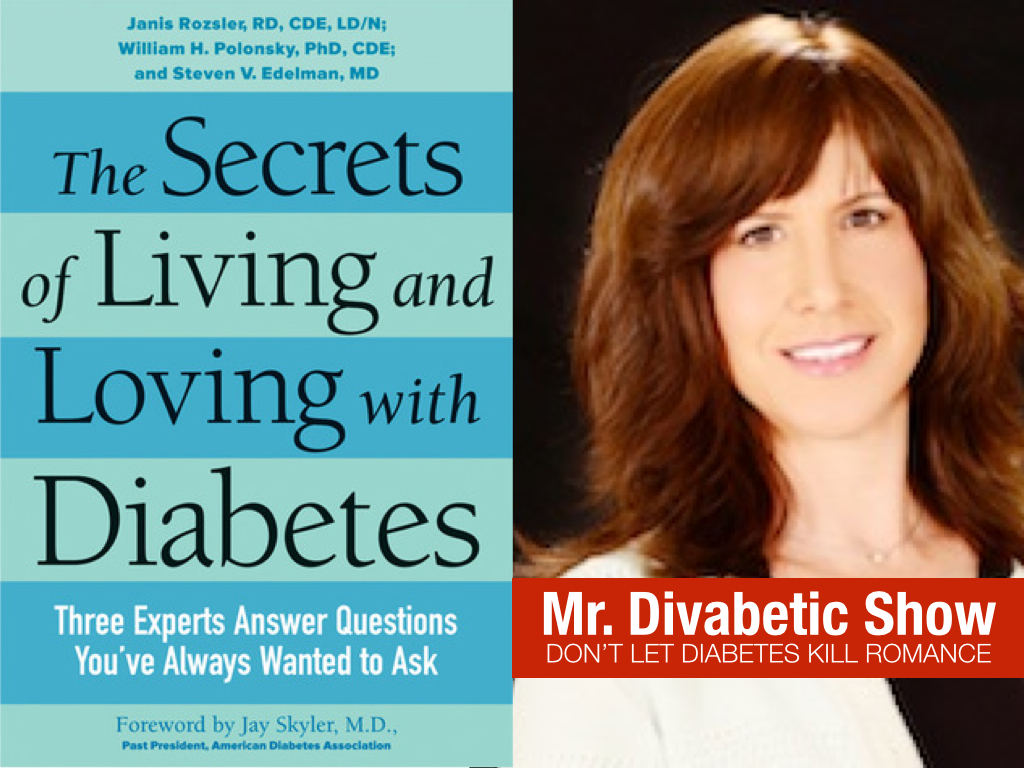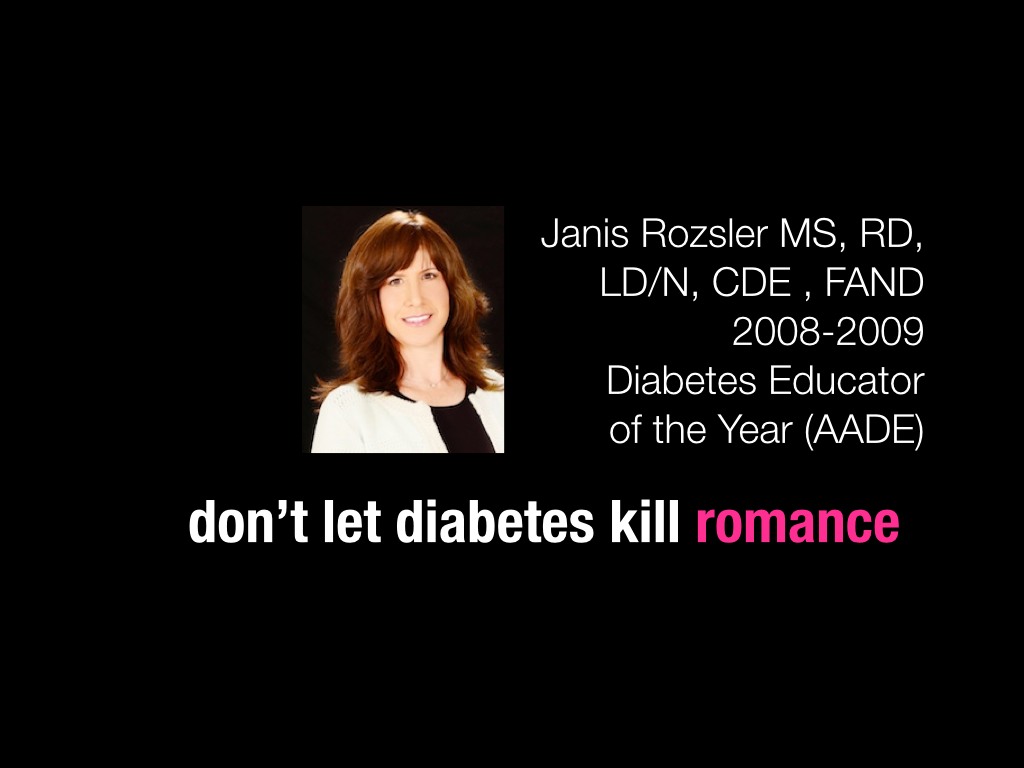Can you complete our Divabetic Mystery Phrase below? Diabetes self-care can be emotionally taxing, but reframing your mind-set with positive affirmations can have powerful results.

Constant worrying or self-doubt about what you are or are not doing isn’t empowering. That inner dialogue isn’t true, or even real.
If you’re struggling to cope with your diabetes diagnosis: try repeating positive affirmations to yourself each morning to steer your mood in the right direction. This way of thinking can be helpful when the mental burden of diabetes management gets tough.
We also encourage you to seek out a therapist like our colleagues, Dr. Beverly S. Adler CDE, PhD, Janis Roszler or Dr. Wendy Satin Rapaport LCSW, PsyD.
“People without diabetes can feel loneliness, anger, guilt, and shame or use denial, rebellion or secrecy. The addition of diabetes to your daily life increases the likelihood of complex emotions,” says Dr. Wendy Satin Rapaport aka ‘The Diabetes Pysche’. She adds, “My goal is to help you recognize these normal and demanding feelings and then move past them to do better.“

“Wisdom is avoiding all thoughts which weaken you.” – anonymous
Making your diabetes wellness your top priority will help you find the life flow that you can manage and maintain.
Like many habits, inner strength, resilience and/or wherewithal can be attained states the Power of Positivity website. It doesn’t matter if someone is thought of as weak or timid; they can still overcome life’s challenges
Inner strength comes from knowing you have the tools you need to handle life’s challenges. If at first you don’t succeed then rely on your strength for progress. Optimism is a source of courage and confidence. It motivates us to set goals, to take risks. It encourages persistence in the face of obstacles.
We’re talking about overeating, binge eating and food addiction on Divabetic’s Diabetes Late Nite podcast with Patricia Addie-Gentle RN, CDE, Mama Rose Marie, Dr. Lori Shemek PhD, Megrette Fletcher MEd, RD,CDE and Cat Beach with music from Kelly Clarkson.

















 LISTEN NOW: D
LISTEN NOW: D